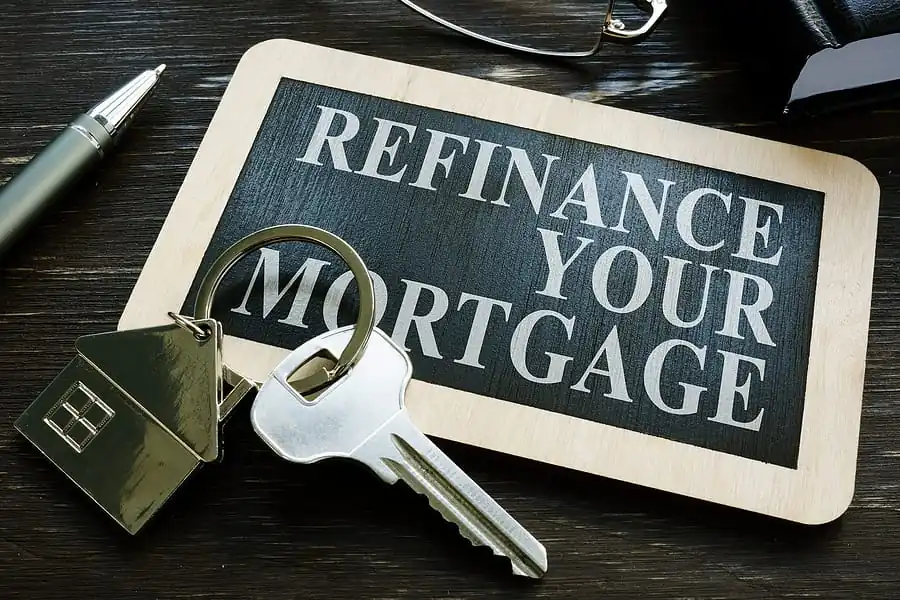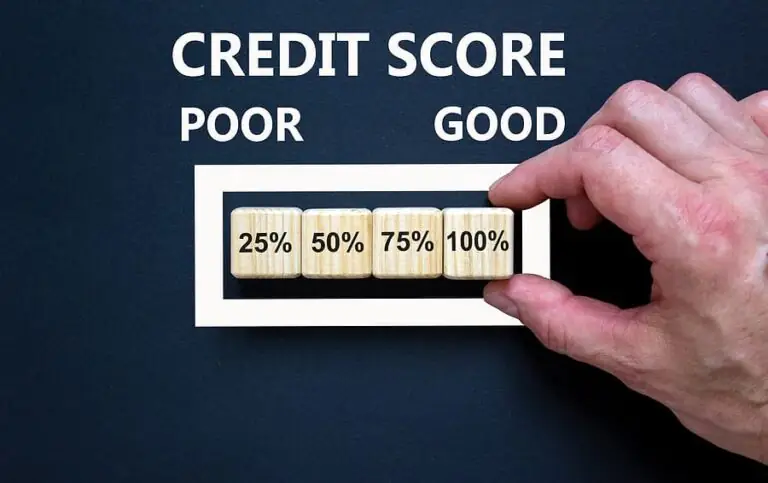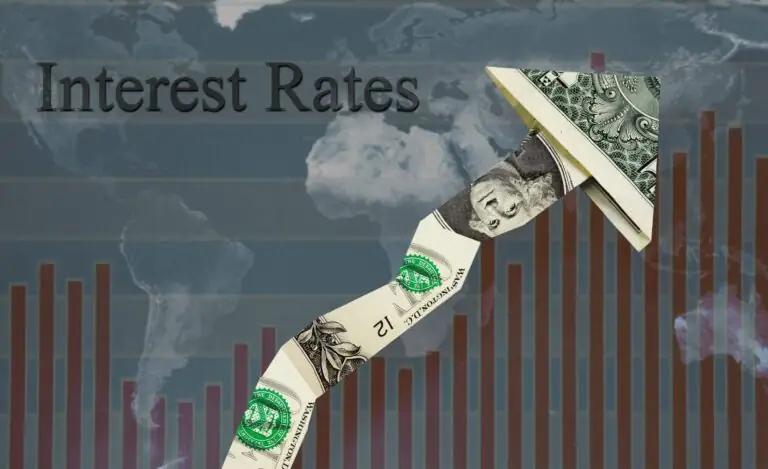Millennials do a lot of things differently than older generations and attempting to refinance a mortgage to pay off debt is one of them! Recent statistics from 2021 show that about 28% of Millennials took advantage of low mortgage rates by refinances, while only about 17% of Baby Boomers did. So, what’s with the disparity?
Many Americans aren’t refinancing right now simply because they don’t know the advantages of it or how to get started. Don’t let that hold you back! Instead, learn the top six things you need to know before you refinance your mortgage right here.
1. Know Where You Stand Financially (Credit Score)
First thing’s first – you don’t even want to start considering refinancing until you have a complete picture of your finances. To know where you stand financially, you need to know what your credit score is. Ideally, you want to have a score over 760. You need to know how much credit card debt you own and whether you currently have a stable income.
2. Get to Know Your DTI Ratio
The next step in getting a full picture of your finances is to understand your DTI ratio. Your debt-to-income ratio is an indicator of how much debt you owe each month compared to the amount of money you make. Ideally, you want to aim for a DTI ratio of 36% or less. If you can achieve that feat, then you’ll have access to some of the best rates.
3. Figure Out What Your Home is Worth
Next, you need to determine what your home is actually worth. In the best cases, your home should be worth more than when you started your mortgage. If for some reason your house is worth less than before, then you shouldn’t refinance.
Right now, there’s a huge chance that your home’s equity has increased because the pandemic has pushed the housing market higher and higher.
4. Weigh Out the True Cost of Refinancing
Next, you need to try to figure out exactly what it will cost you to refinance your home. Often, you’ll end up paying about 3-6% of the total loan amount to refinance. Sometimes, you’ll be able to pay less, but be sure to consider the terms, interest rates, and closing costs when making your decision.
5. Determine the Current Mortgage Rates
Your next step involves determining the current mortgage rates. Compare those rates on your current mortgage.
6. Figure Out Your Break Even Point
Your break even point describes when the costs of refinancing are covered by your monthly savings. In other words, if refinancing costs you $1,000 but you’re saving $100 a month, then it will take you about 10 months to recover.
Consider all your options, including filing for bankruptcy if you need to. In many cases, you can protect valuable assets like your home even as you go through the bankruptcy process.
Refinance Mortgage to Pay Off Debt FAQs
Despite knowing the facts above, it can still be daunting to determine if you should refinance to pay off debt. Get the answers to the most frequently asked questions on the topic below.
Can You Refinance a Mortgage to Pay Off Debt?
In a nutshell, yes, you can refinance a home mortgage to pay off a debt when there’s enough equity in your property. Taking on a new mortgage can help you pay off existing debt, but it will come at a cost. It’s crucial to weigh out the pros and cons before making your final decision. Refinancing might only make sense if your existing debt costs more as it is than it would after refinancing.
The Pros and Cons of Refinancing Your Home Loan
When you refinance your home, you generally save money on interest payments by securing a better deal. In the long run, saving money is a major advantage. What’s more, you get an open opportunity to change your existing loan terms. If your circumstances have changed, you can also add or remove a co-borrower or co-signer. You also have the option to cash out on some of your home’s equity.
All these perks do come at a cost, though. For one, you’ll have to pay a few fees initially for the new closing costs. Sometimes, you’ll also get a minor ding on your credit report when your lender does a hard credit inquiry. The good news, though, is that this dip in your score will be temporary, especially once you start making payments on your new loan. Keep in mind, though, that the additional debt will have a longer-term impact on your score, too.
Finding the best companies to refinance your home loan is important because that will dictate the terms of your loan. The terms of your loan could be the difference between a successful refinance story and a disaster.
How to Know if Refinancing is Right for You
Once you weigh out the pros and cons of refinancing, you’ll want to know – is refinancing worth it? The answer depends on your specific circumstances and why you want to refinance your home in the first place. It also depends on your other options, too.
Depending on your situation, you might want to consider your other options like debt consolidation. You might also want to write a settlement letter to propose a negotiation with your mortgage provider or your other lenders.
If you’ve fully considered all your options, then you’ll be in a better position to make an informed decision on if refinancing is right for you.
Factors that Influence the Cost of Refinancing Your Mortgage
The overall cost for the refinance loan you accept will depend on several different factors. Here are a few things that can affect the cost of refinancing your mortgage:
- Your current credit score
- The size of your loan
- The loan terms
- The current equity in your home
- Your location
- Fees associated with the refinancing process
- Whether you plan on taking cash out
If one or more of these factors are holding you back, then be sure to consider your options. For instance, there are steps you can take to improve your credit score, which could open up more possibilities for you. You might also be able to discover more favorable loan terms or types if you find a different company to work with. Finding the best companies to refinance your loan will have a major impact on the overall cost of refinancing. With that in mind, be sure to do your due diligence when it comes to finding the right company to work with.
Benefits of Refinancing a Home
When you have existing mortgage debt or old apartment debt, it’s always a good idea to consider whether refinancing can help you manage the long-term costs of your debt. When it comes to refinancing a home, you can expect to experience the following benefits:
- You will save money on interest payments
- You could potentially improve your financial situation by changing the terms of your loan
- You might be able to pay off some of your other debts
- It can help you rework your monthly budget
- You could agree to a potentially shorter payoff term
- You could agree to a lower monthly payout
- You can cash out your equity for any use
Are You Ready to Refinance a Mortgage to Pay off Debt?
Now that you know how to refinance mortgage to pay off debt, what are you waiting for? Now is the best time to act because experts predict that higher mortgage rates are on the way. So, time is not on your side when it comes to refinancing.
Are you looking for a little extra one-on-one assistance? If so, then let us help you consolidate your debt and help you break free from the patterns of your past.

Gabriel Gorelik paves the way for customer service and operations at United Settlement. He is passionate about numbers and holds a strong belief in helping anyone with their debt. Before United Settlement, Gabriel received his BS in Finance & Economics from Brooklyn College. After graduation, Gabriel went on to build his first financial services company where he managed thousands of accounts for business and consumer clients. He understands the importance of client satisfaction, professionalism, and exceeding expectations.












